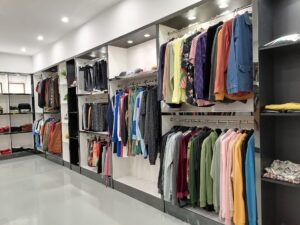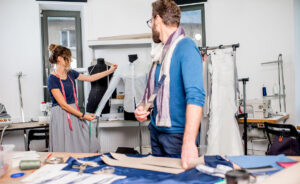Understanding Custom Clothing Manufacturers
In today’s highly competitive fashion market, the demand for customization is growing rapidly. Custom clothing manufacturers offer unique, tailored solutions to meet diverse client needs. This article explores various aspects of custom clothing, how to choose the right manufacturer, and the advantages of partnering with one.
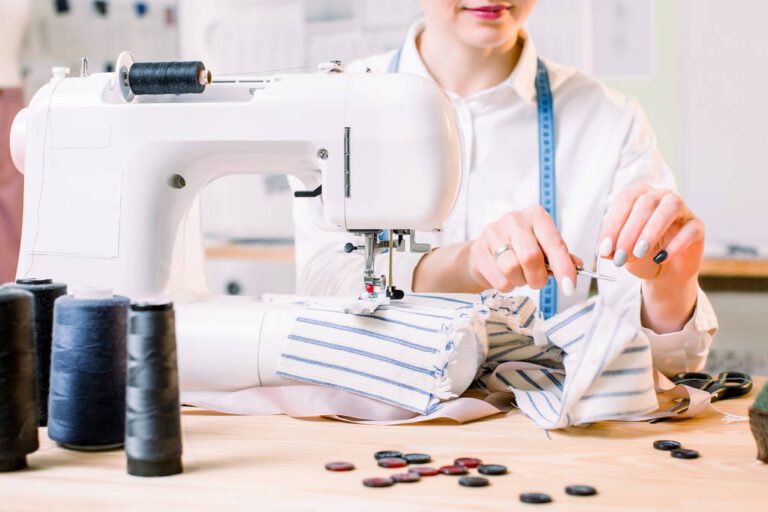
What Is Custom Clothing?
Custom clothing refers to garments designed and produced based on the specific requirements of clients. From T-shirts and shirts to jackets and sportswear, the customization process allows for complete personalization. Unlike mass-produced standard apparel, custom clothing reflects a brand’s image or specific market demand better.
Key Customization Options in Apparel
Customization involves various services beyond merely picking a style. Below are some common aspects of custom clothing:
Printing and Embroidery
Printing and embroidery are two of the most popular customization services. Through digital printing, screen printing, or heat transfer techniques, clients can add their own designs, company logos, or slogans to clothing. Embroidery adds refined, three-dimensional detailing, commonly used for uniforms or high-end fashion.
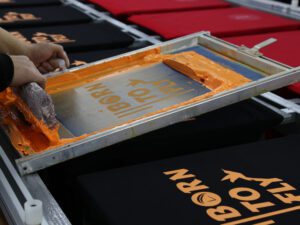
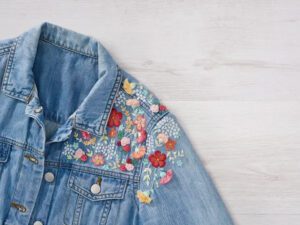
Design and Patterns
The customization process often starts with design. Clients can provide their own artwork or collaborate with the manufacturer’s design team to create a new, original design. Customization goes beyond just patterns and colors—it includes fits, cuts, and unique detailing like collars, cuffs, or zippers.
Fabric Selection
Choosing the right fabric is a critical step in custom clothing. Clients can select different materials based on the product’s intended use, such as cotton, polyester, nylon, or functional fabrics. Manufacturers typically offer a wide range of fabrics, ensuring that the final product meets both design and comfort requirements.
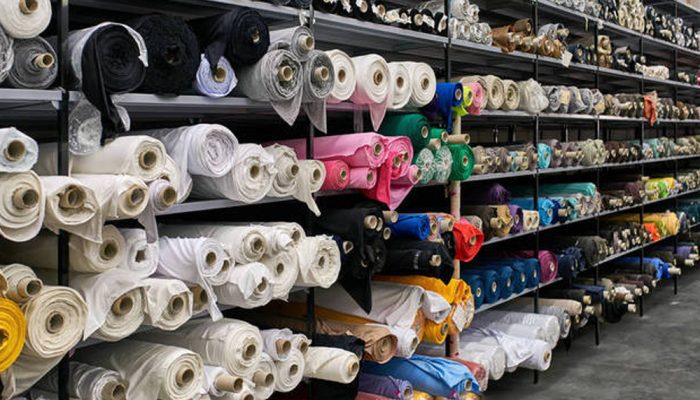
Accessories and Decorations
Beyond fabrics and designs, custom clothing also includes accessory choices like zippers, buttons, and drawstrings. These seemingly minor details can significantly enhance the garment’s overall quality and functionality.
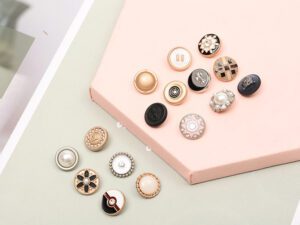
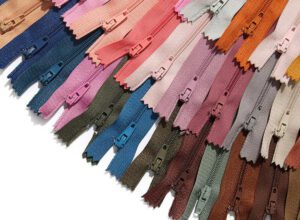
Packaging and Labels
Packaging and labeling are crucial finishing touches for custom apparel. Custom manufacturers usually offer packaging solutions such as branded bags or boxes, while custom labels communicate key brand information and add uniqueness to the product.
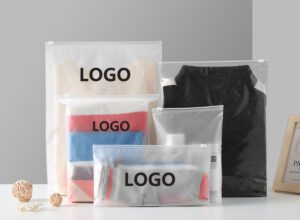
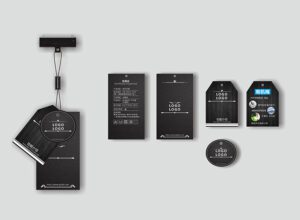
Why Choose a Custom Clothing Manufacturer?
Custom clothing is more popular than standard apparel in today’s market. Here’s why selecting a custom clothing manufacturer is a smart choice:
Tailored Solutions
Custom clothing is tailored to meet each client’s specific requirements, ensuring every product aligns with their expectations. Whether it’s a unique design request, color scheme, or fabric choice, custom manufacturers provide personalized solutions.
Brand Enhancement
Custom clothing helps businesses build a unique brand image. Whether for corporate uniforms, promotional apparel, or event-specific clothing, customized garments enable brands to stand out in the market.
High Quality & Control
Compared to mass production, custom manufacturers typically deliver higher-quality products. Clients participate in fabric selection, design, and production stages, ensuring the final product meets their standards.
Differences Between Standard and Custom Clothing Manufacturers
There are notable differences between standard clothing manufacturers and custom manufacturers:
Production Scale
Standard manufacturers focus on large-scale production of fixed styles and designs. Custom manufacturers, however, specialize in small-batch or on-demand production, allowing for flexibility in design and production planning.
Design Flexibility
In standard manufacturing, clients usually choose from existing designs and sizes, offering limited flexibility. Custom clothing manufacturers, on the other hand, allow clients to dictate every aspect of the design, from color and fabric to patterns and fit.
Lead Time
Standard clothing production often has shorter lead times, while custom clothing requires more time for design, sampling, and production. Although the turnaround is longer, custom clothing offers more personalized results.
Advantages of Partnering With Custom Manufacturers
Working with a custom clothing manufacturer offers unique benefits:
Flexible Production Model
Custom manufacturers offer flexible production models tailored to client needs. This allows clients to adjust designs based on market trends and demands, maintaining competitiveness.
Efficient Communication and Collaboration
Custom manufacturers typically provide personalized customer service, ensuring that every detail is clearly communicated. This efficient collaboration minimizes errors during the production process.
Market Differentiation and Brand Building
Custom designs give businesses a competitive edge, enhancing brand uniqueness and recognition. Custom clothing not only boosts brand visibility but also offers customers a one-of-a-kind experience, fostering brand loyalty.
Conclusion
Custom clothing manufacturers play an increasingly important role in today’s market. Through flexible design and production models, they cater to personalized demands, enhance brand images, and provide high-quality products. Partnering with a custom clothing manufacturer not only offers tailored products but also allows businesses to stand out with unique designs. Hopefully, this article provides deeper insights into custom clothing manufacturers, helping you make more informed decisions.




